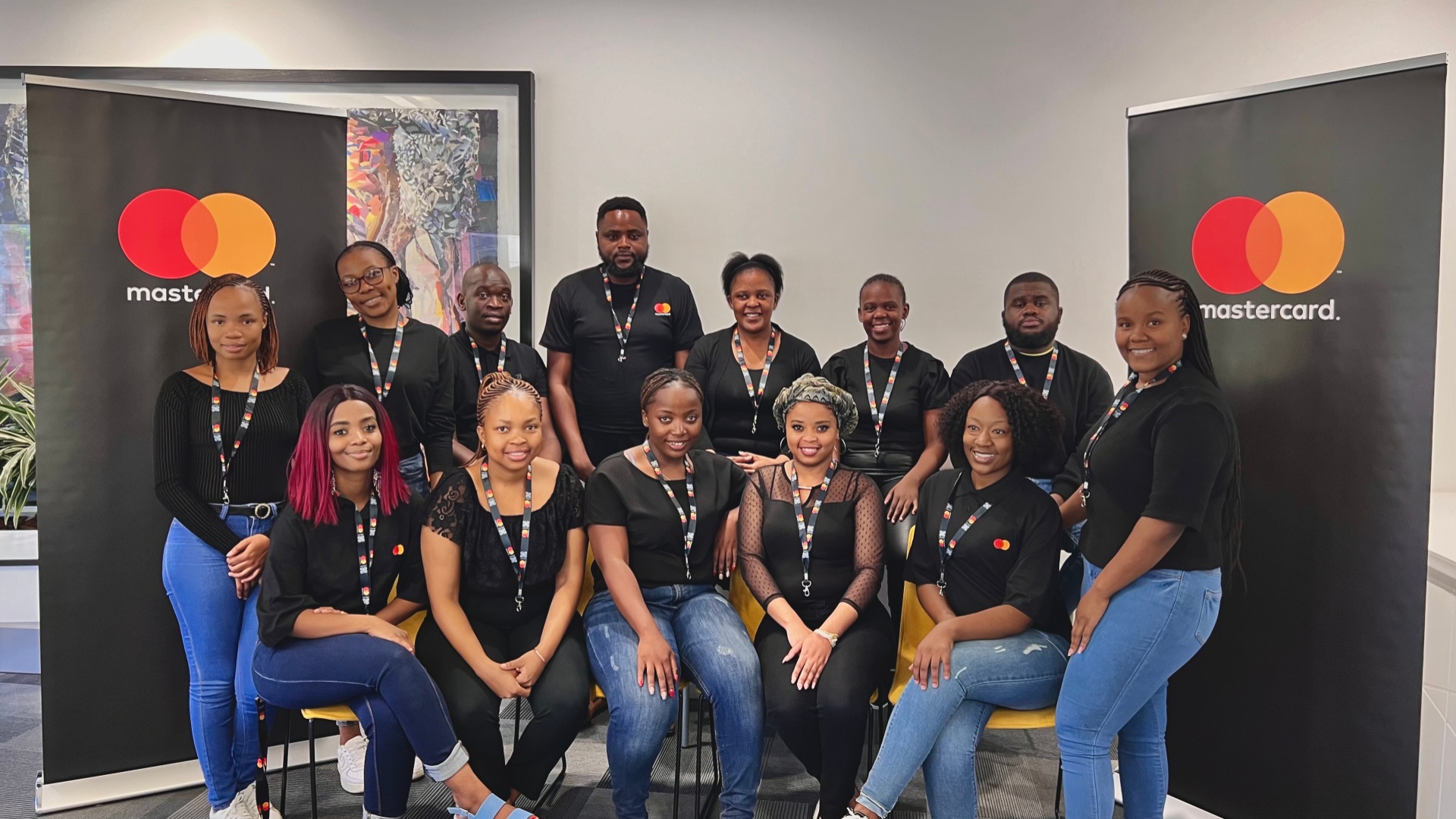Article by: Given Majola
Publication: The Star Business
Given the infrastructure problems South Africa was contending with, the country was likely to achieve less than 1.5% economic growth this year and this would not result in the net-job growth for the country.
This was according to Ravi Naidoo, the CEO of the Youth Employment Service (YES).
In an interview with Business Report, the CEO said that while many citizens would all like to see 5% gross domestic product (GDP) growth like the National Development Plan (NDP) required, South Africa would be able to make some progress if it achieved 2%-3% growth in the next couple of years.
The organisation, which transforms companies, communities and youth lives by connecting youth to economic opportunities said load shedding and now the rail and ports were undermining the local economy.
Naidoo said without stable electricity and rail-port infrastructure. South African companies were struggling to produce and trade, which meant they were experiencing little job creation or even significant retrenchments.
He said if business and government could implement practical agreements on ways to reduce these bottlenecks, the country would see a big improvement in national employment prospects.
He added that the pressure would thus be on youth employment programmes like YES to ensure that South Africa’s best young talent could get some support.
Naido went on to say that loadshedding contributed the most to the country's low economic growth (probably about 2% of GDP).
Naidoo said that YES, just like most organisations and businesses, has had to contend with a difficult economic environment, with the economy barely growing (in the year to March 2023, with the net youth employment only increased by 139 000).
"Despite that, YES supported more than 32 000 12-month, full-time, minimum wage+ jobs in the year - this amounts to 23% of the national total increase in youth jobs in the year.
"YES has only been able to achieve such a relatively high number of youth jobs, because of the strong support from 1612 corporate sponsors. YES youth salaries are 100% funded by the private sector, which makes it unique for any large scale social impact programme in South Africa," Naidoo said.
He said what stood out haf been the resilience and determination of many of the youth in their programme.
"Most of the YES youth come from households that are receiving social grants. Despite their difficult personal circumstances (many youth are actually looking after dependants) 90% of the youth complete their programmes successfully, and 45% go on to get permanent or fixed term contracts, with 15% actually setting up their own businesses.
"It does give us hope that thousands of these young people will go on to make a material impact in the future."
YES said it had the largest 12-month jobs programme in the country and the largest pool of sponsoring private companies in the country.
The organisation said it was continuing to find ways to scale and leverage those as strategic assets.
"We are curating different companies to work together so that they (and their related YES youth) can benefit from the collaboration. For example, two sponsoring companies in YES, a retailer and a technology company, can work together so that the youth in the retailer's distribution centre also benefit from technology training.
"YES is now driving national sector initiatives in tourism, renewables, drones, ITC and Artificial Intelligence"
Meanwhile, National Youth Development Agency (NYDA) spokesperson Bongekile Skosana said as South Africa emerged from the aftermath of the global pandemic, the world's economy remained under pressure with many countries facing high inflation, high debt and cost of living crisis.
"From our own perspective we are satisfied that we have now had eight consecutive quarters of decreases in youth unemployment. This illustrates that the work in the Presidential Youth Employment Intervention is bearing fruit.
"Although youth unemployment remains high, if we were to continue on the current trajectory we could meet our target of reducing youth unemployment to less than 20% by the year 2030," Skosana said.
She said that they were also proud that they have built one of the largest National Youth Service programmes in the world which had an intake of close to 50 000 young people with 12 000 of these young people transitioning into more sustainable long-term opportunities.
"It is essential that we find solutions through the Energy Action Plan, the Logistics Crises Committee and through the collaboration with business to address these structural challenges.
"We can place band aids on the challenges for only so long, however accelerating the growth of the economy will enable us to address the triple challenges of poverty, unemployment and inequality."
The youth development agency said load shedding was devastating for productivity, for learning and for small businesses.
It said those who could afford have transitioned to alternative power solutions but many people and businesses continue to be impacted by the energy crises.
NYDA said its focus remained on ensuring continued funding for the Presidential Youth Employment Intervention, which included the National Pathway Management Network, SA Youth, the pay for performance skills development programme, local ecosystems enablement and the revitalised National Youth Service as well as crowding in private investment for this programme.
"We will continue to work on demand side interventions in our five priority sectors of global business services, digital and tech, agriculture, automotive, installation, repair and maintenance," Skosana said.
She said this year, the Presidential Youth Employment Intervention was implementing priority actions to link young people to opportunities for learning, workplace experience and earning a sustainable living.
"It also implements interventions to address barriers young people faces and supports the creation of opportunities in the formal and informal economies.
"These actions are focused on sectors with identified potential for sustained growth that can translate into employment opportunities for young people. These sectors are digital and technology, global business ser-vices, agriculture, installation repairs and maintenance, social services, and automotive."


